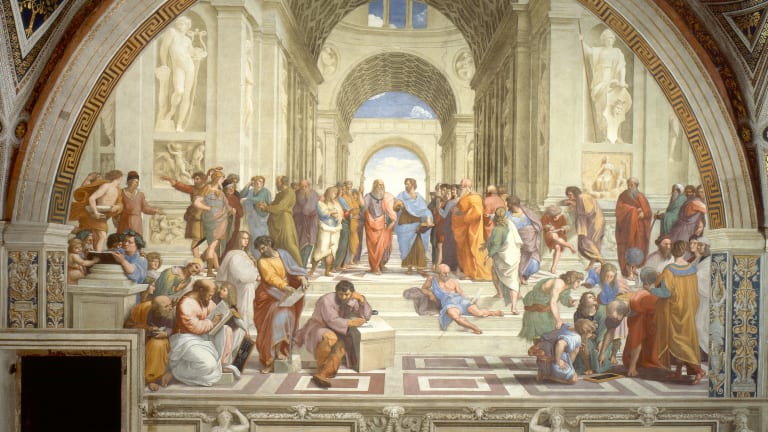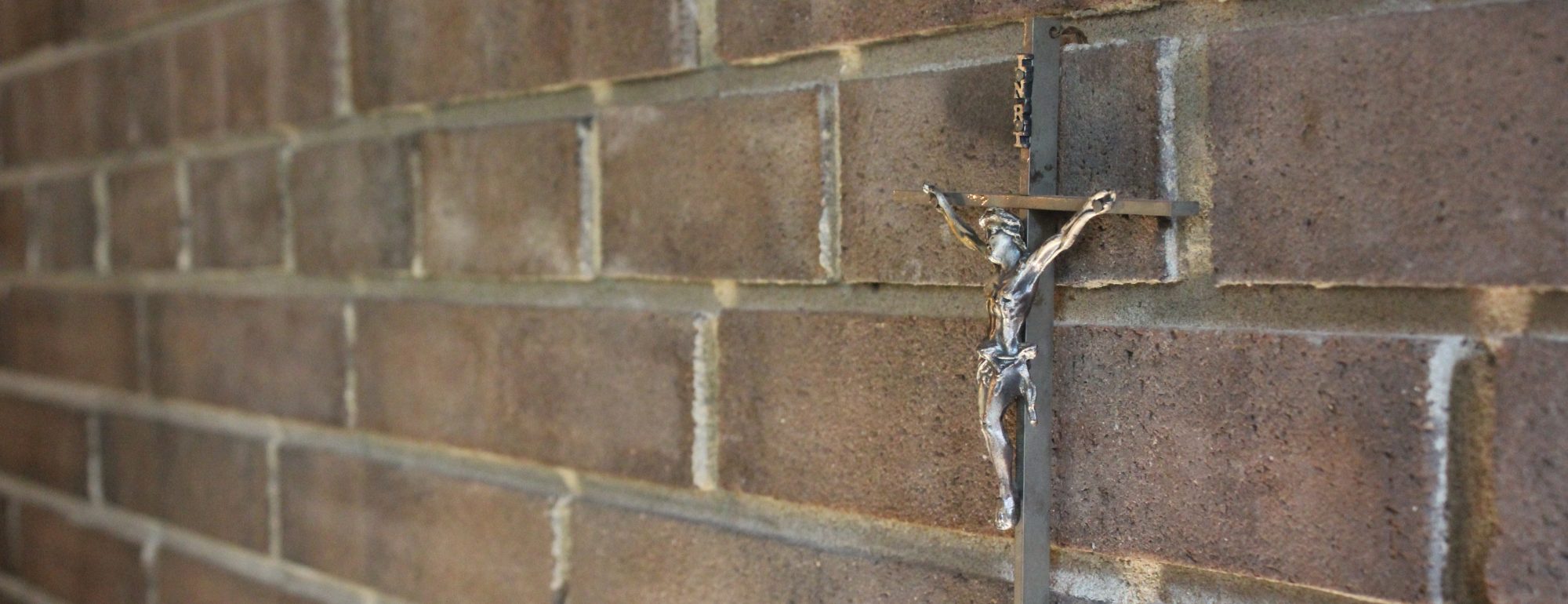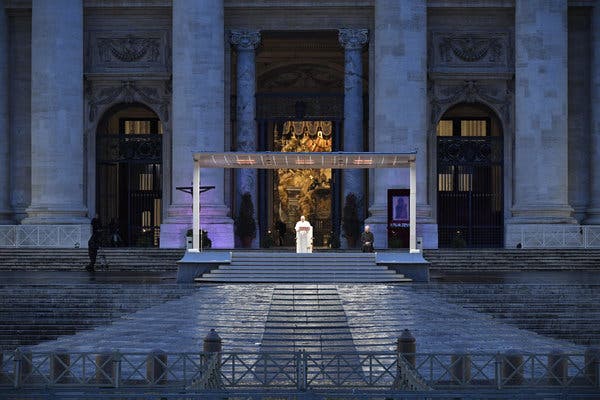Basically, everyone wants to live in a society of justice. However, there are many opinions of the nature of justice. If anyone should pursue a just society, he or she must take a philosophical stand about justice. This essay is a brief summary of Plato’s argument on justice.
Note: Plato is an ancient Greek philosopher. I emphasize that this essay is about Plato’s notion.

Plato is the first in the Western tradition to define virtue as that by which things work well. This definition is also used later by Aristotle. The argument is written at the end of Book I of Republic. In brief, Plato in the words of Socrates posits that “the function of each thing is what it alone can do or what it can do better than anything else.”[1] For instance, the function of the eyes is to see, and the eyes alone can see. Or, the function of a hammer is to strike things like nails or metals, and although a stone or a brick can also strike these things, the hammer can accomplish the work in the best way. In addition, everything has its own virtues, such as the virtues of the eyes which are sensibility to light and the ability to distinguish color. Without these virtues, the eyes are unable to see anything. Therefore, virtues are necessary for a thing to perform its function with excellence.
Consequently, if man wants to live well, he must attain the virtue of justice because it is a virtue of the soul. Thus, it is relevant to figure out the nature of justice. In Book II of Republic, Plato narrates a conversation between Socrates and Glaucon concerning the nature of justice in the human soul. In the conversation, Glaucon argues that injustice is more profitable than justice, that people involuntarily do justice, and that they do justice only for the sake of its consequences. Glaucon then challenged Socrates to show how justice is good in itself. Responding to the challenge, Socrates describes a city with three classes of people: guardians, auxiliaries, and laborers. Each of these classes has its own functions and virtues. Particularly, guardians, the smallest group in the city, are those who rule the city and direct it to the true Good. This class possesses the virtue of wisdom. Auxiliaries are those who protect the city from war of any sorts. Courage is the virtue necessary for them. And, laborers are those who work to provide the needs of the city, such as builders, carpenters, and farmers. They need to be moderate and practice self-mastery. Those three virtues reside in different parts of the city. Furthermore, when the city is considered as a whole, justice is the proper virtue. Justice here is the harmony among the three classes, by which each part of the city performs its own function and does not meddle in that of the others. For example, proper guardians, as governors, should be obeyed by auxiliaries and laborers and never abuse their authority on the auxiliaries and laborers.
The allegory of the city is analogous to the human soul. That is, the human soul has three parts: reason, a spirited part, and an appetitive part.[2] Reason corresponds to the guardians, the spirited part to the auxiliaries, and the appetitive part to the laborers. Therefore, reason is that which governs the soul and leads the soul to the true good. And, wisdom is the virtue that perfects its function. The spirited part is that which defends oneself from evil, overcomes obstacles, and strives for challenging goods. And, this part needs to be courageous so that it can rightly act. The appetitive part is that which desires the necessities of life, such as food, drink, and clothes. Moderation is the virtue perfecting this part so that it does not desire excessively but as it ought to. Moreover, when regarding the soul as a whole, the three parts of the soul must be in proper order so that it functions well. In Plato’s view, the soul is the principle of life; that is, the function of the soul is to live. And, justice is the virtue that perfects the function of the soul, and by which human beings live well. With justice, each part performs its own function and harmonizes with the others. In contrast, without justice, interior conflict and strife may arise. The spirited part and the appetitive part, in harmony, must be subject to reason because reason knows the truth. And, insofar as the soul follows the truth, one is definitely living well. Otherwise, if the appetitive part ignores reason and pursues bodily desires, one’s life cannot be good.
[1] Plato, Republic 353a.
[2] Plato, Republic 434d-441c.


